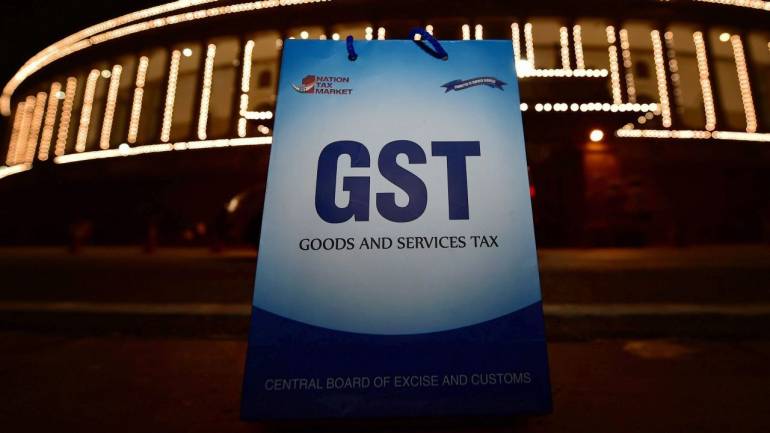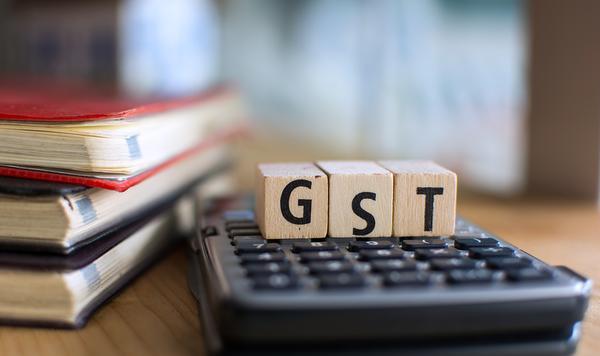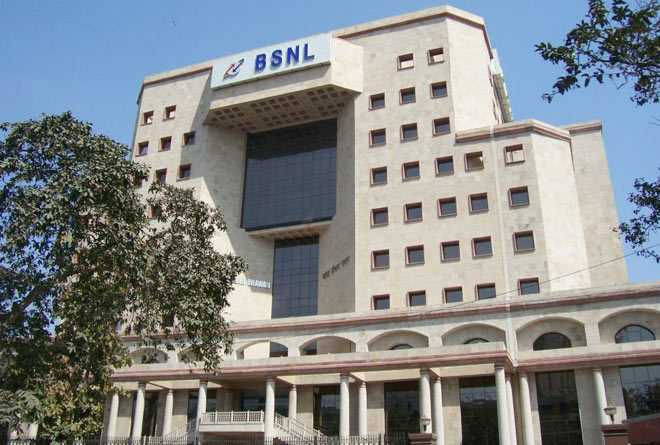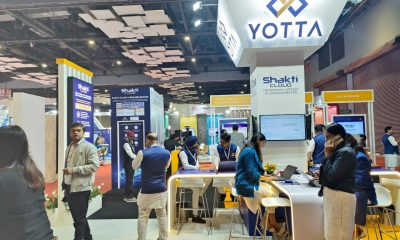Mobile Services
One year of GST: Experts confident on the long-term benefits of GST
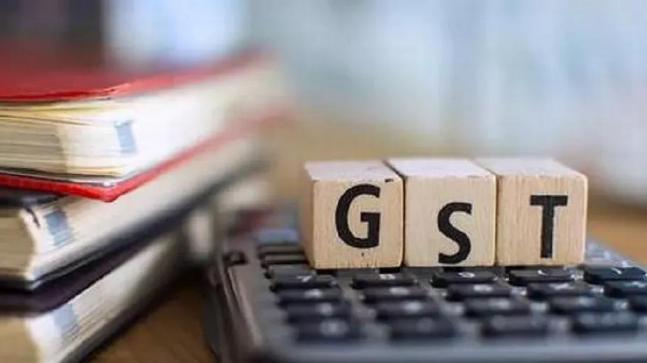
NEW DELHI: July heralds one year of the introduction of the Goods and Services Tax (GST) regime in the Indian economy. More than 1 crore businesses have registered under GST, subsuming over a dozen different indirect central and state taxes.
The last one year has been a period of apprehensions and uncertainty; however, with combined efforts of various associations and the government, lack of awareness and technological issues were deftly dealt with along with giving businesses enough time to transition smoothly.
In the last few months, there has been mounting criticism on the implementation of this tax reform. Formats and frequency of returns, frequent lags in technology, refunds, Input tax credit and introduction of new elements like e-way bill have all added to the uncertainty amongst business owners. However, inspite of initial glitches and challenges, experts closely involved with GST from Day 1 feel positive about the long-term effects of GST.
“The last one year has seen its fair share of ups and downs from a GST perspective. Businesses have had a tough time in coming to terms with the new law, the new processes and complying with GST. Industries across saw an initial slowdown but now slowly things are inching towards stability. The government too on its part has been working towards making things simple for the businessman and applying corrections as per feedback received from the ground. However, the new simplified regime proposed some time back hasn’t moved enough which is supposed to make it absolutely simple for businesses to comply and greater certainty over input tax credit” , said Mr. D S Rawat, Secretary General – ASSOCHAM
“India’s new unified nationwide value-added system of taxation has come a long way in simplifying the complex tax structure of the country by replacing around 17 federal and state levies to unify a country of 1.3 billion people into one of the world’s biggest common market with minimal cascading and no double taxation, to promote ease of doing business. The introduction of the E-Way Bill system has resulted in smooth movement of goods and thereby significant reduction of turnaround time for transportation.Initial anxieties are settling, but still there is long way for GST to eventually be called a ‘Good and Simple Tax’. Robust IT system (i.e. GSTN network) with minimal fall outs, simplified system of return filing and matching of credits, further rationalising the 28% rate slab to exclude certain items of mass consumption like colour television, air conditioners etc. It might take another couple of years or more for GST to completely stabilise and settle down,” said Bimal Jain, Chairman, Indirect Taxes Committee, PHD Chamber of Commerce and Industry.
Bharat Goenka, Managing Director, Tally Solutions, Pvt Ltd commented, “To begin with, getting a country the size of ours to do a complete transformation on the indirect tax front has been extraordinary in itself and something we should take a lot of heart from. What has been particularly encouraging is the continued commitment of the government to seek feedback from stakeholders on rules and processes and apply required corrections from time to time. However, the simplification of GST as a step towards making compliance simpler is still some distance away and one expects decisions to this effect to move faster. This is particularly important as one of the key learnings from the year gone by is that a semi-complete technical process, for eg. having GSTR 1 but no GSTR 2 is problematic both for the government as well as the taxpayer since compliance is not complete and confusion persists. The decisions for GST 2.0 have been taken and one is looking forward for its actualization so that the economic acceleration that GST is capable of can come alive.”
Going forward in the next phase of the GST cycle, the government will have to work towards making compliance simpler so that the resultant benefits can be felt by both the tax payers as well as the government. Taking key learnings from the last 1 year, ensuring adequate time is allotted to stabilize the technology backbone, providing required clarity and spreading awareness among key stakeholders will boost confidence and build morale in the economy.
5g
Airtel announces its largest ever 5G roll-out in 125 cities
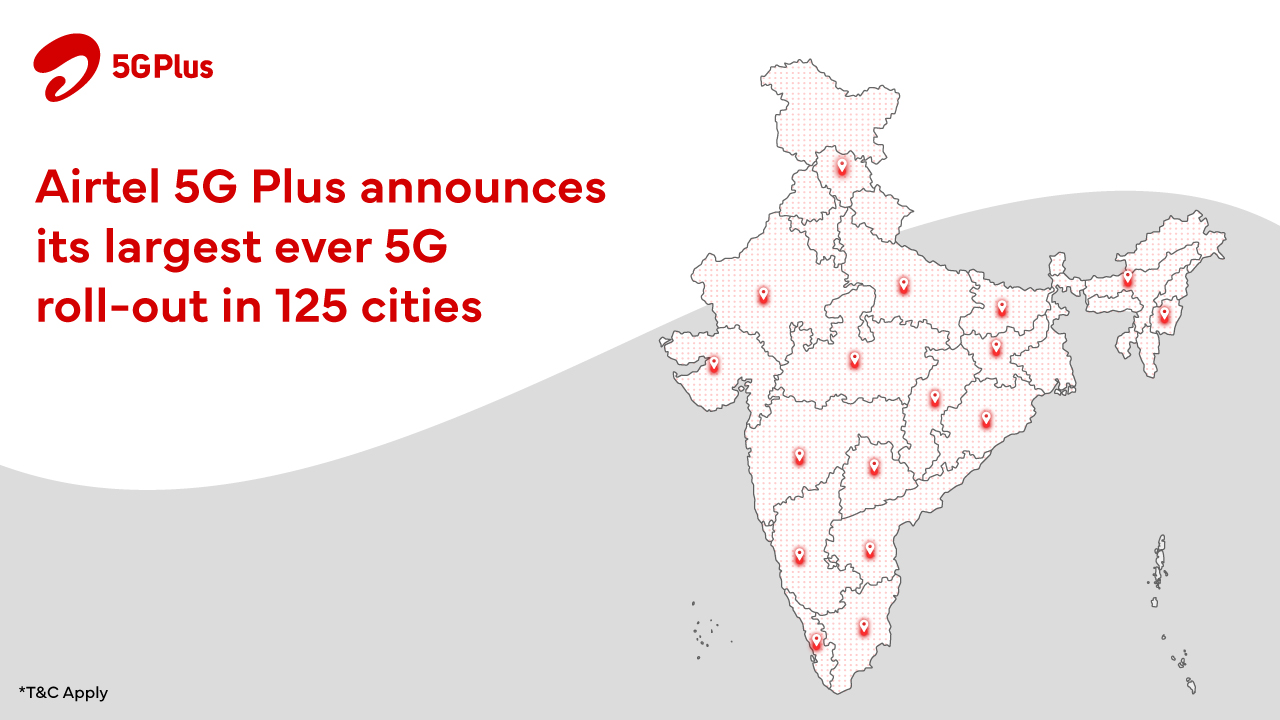
NEW DELHI: Bharti Airtel, India’s telecommunications services provider, today announced the launch of its ultra-fast 5G services in 125 cities. Airtel 5G Plus service is now available to customers in over 265 cities in the country.
Airtel 5G Plus has three compelling advantages for customers. First, it runs on a technology that has the widest acceptance in the world with the most developed ecosystem. This ensures that all 5G smartphones in India seamlessly work on the Airtel network. Second, the company promises to deliver the best experience – between 20 to 30 times higher speeds than today coupled with brilliant voice experience and super-fast call connect. Finally, Airtel 5G Plus network will also be kinder to the environment with its special power reduction solution. Powered by the reliable Airtel network infrastructure, Airtel 5G Plus will provide superfast access to High-Definition video streaming, gaming, multiple chatting, instant uploading of photos et all.
Commenting on the launch, Randeep Sekhon, CTO, Bharti Airtel said, “5G has revolutionized the world of internet, ushering new era of connectivity and communications that will prove to be a game-changer for the country. At Airtel, we remain committed to delivering the highest quality of network and service to our customers as we roll-out 125 more cities today. Airtel was the first in the country to offer 5G services in October 2022, and today’s mega launch is our promise to connect every Airtel customer in the country with ultra-fast Airtel 5G Plus. Our 5G rollout is on track to cover all towns and key rural areas by March 2024.”
Airtel 5G Plus service availability will continue to rapidly expand – including service in all towns and villages in the country soon – as the company is working towards offering nationwide coverage. Airtel is now offering its 5G services in every major city from the upper northern city of Jammu to the southern tip of Kanyakumari.
In the last one year, Airtel has demonstrated the power of 5G with a host of powerful use cases that will change the way customers lead their lives and do business. From India’s first live 5G network in Hyderabad to India’s first private 5G network at the BOSCH facility in Bengaluru to partnering with Mahindra & Mahindra to make its Chakan manufacturing facility, India’s first 5G enabled auto manufacturing unit, Airtel has been at the forefront of 5G innovation.
5g
Apple rolls out beta programme for iPhones to enable 5G services

NEW DELHI: Apple Inc has rolled out a beta programme to enable 5G on Apple devices as the upgrade lets users try out pre-release software.
This software upgrade enables 5G access on Apple devices, as and when service providers Jio, Airtel and Vodafone enable 5G network access, sources said.
Apple Users have to enrol for the Beta Programme on the website, install a profile and download the software.
Jio users using iPhone 12 and above, in cities where JioTrue5G has been rolled out, will be invited to the Jio Welcome Offer. Jio Welcome Offer provides unlimited 5G data at up to 1 Gbps speed to users at no additional cost. However, there is a condition that prepaid users must be on active Rs 239 and above plan. All Postpaid users are eligible for this trial.
Airtel is not providing any special 5G offer like Jio to their users. In the cities/areas in which the Airtel 5G network has been launched, users can trial 5G services as a part of their existing plan, once they have updated the latest Apple Beta software.
While an email sent to Apple did not solicit an immediate response, the firm had last month stated: “We are working with our carrier partners in India to bring the best 5G experience to iPhone users as soon as network validation and testing for quality and performance is completed. 5G will be enabled via a software update and will start rolling out to iPhone users in December”.
Airtel and Jio customers on iPhone 14, iPhone 13, iPhone 12 and iPhone SE (3rd generation) models can experience 5G as part of Apple’s iOS 16 Beta Software Program. The Apple Beta Software Program is open to anyone with a valid Apple ID who accepts the Apple Beta Software Program Agreement during the sign-up process.
If a user has an iCloud account, that is an Apple ID, it is recommended they use that. If they do not have an iCloud account or any other Apple ID, they can create one.
Customers who want to try the beta software should back up their iPhones before installing the beta software. It is recommended to install the beta software only on non-production devices that are not business-critical. Users can also provide feedback to Apple on quality and usability, which helps Apple identify issues, fix them, and make Apple software even better.
The iOS beta comes with the built-in Feedback Assistant app, which can be opened from the Home screen on the iPhone or iPad or from the Dock on the Mac.
Source: Press Trust of India
5g
Nokia wins multi-year deal with Reliance Jio India to build one of the largest 5G networks in the world
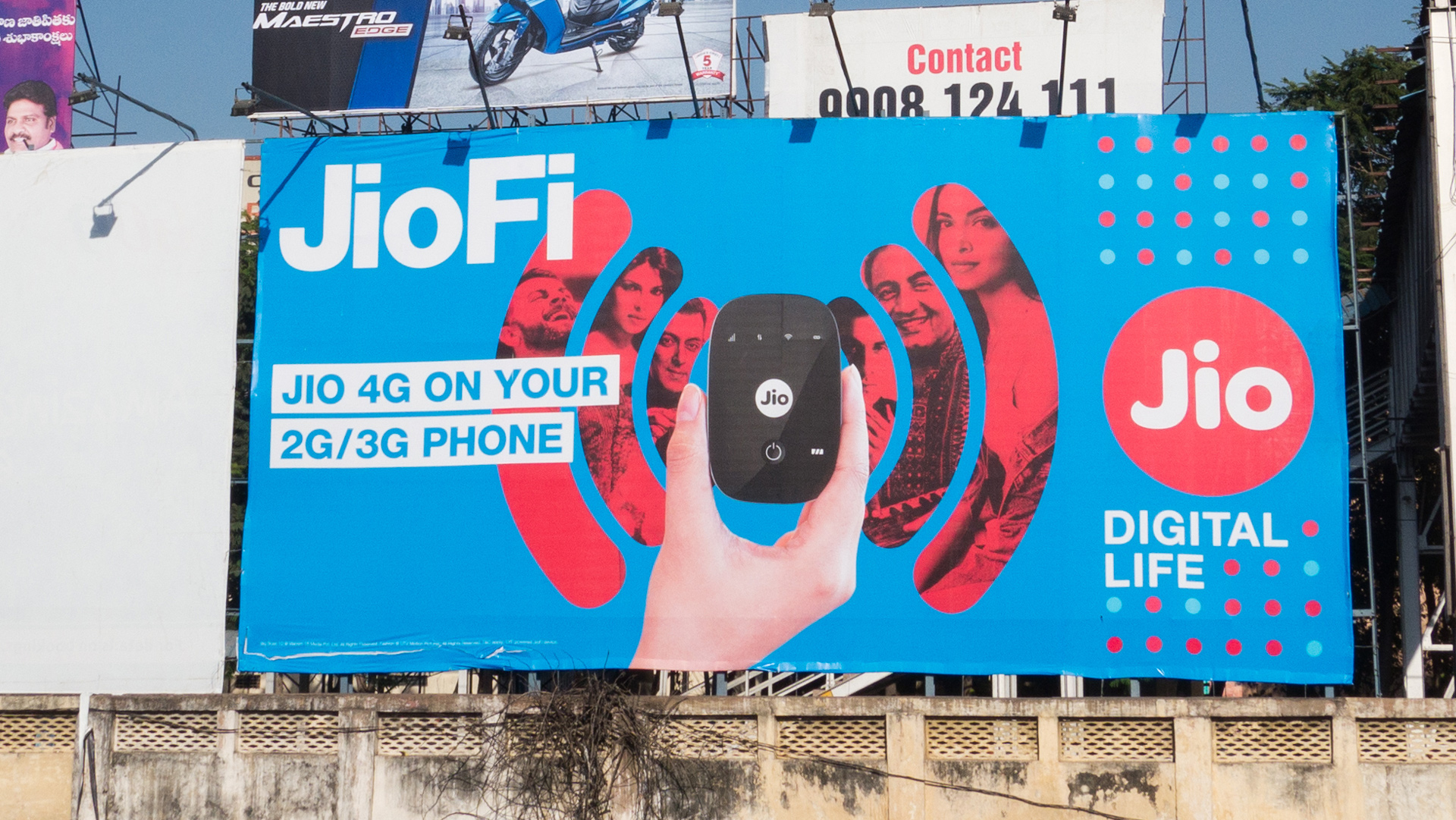
NEW DELHI: Nokia has announced that it has been selected as a major supplier by Reliance Jio to supply 5G Radio Access Network (RAN) equipment from its comprehensive AirScale portfolio countrywide in a multi-year deal. Reliance Jio is India’s number one mobile operator and has one of the largest RAN footprints in the world.
Under the contract, Nokia will supply equipment from its AirScale portfolio, including base stations, high-capacity 5G Massive MIMO antennas, and Remote Radio Heads (RRH) to support different spectrum bands, and self-organizing network software. Reliance Jio plans to deploy a 5G standalone network which will interwork with its 4G network. The network will enable Reliance Jio to deliver advanced 5G services such as massive machine-to-machine communications, network slicing, and ultra-low-latency.
Akash Ambani, Chairman Reliance Jio, commented: “We are pleased to be working with Nokia for our 5G SA deployment in India. Jio is committed to continuously investing in the latest network technologies to enhance the experience of all of its customers. We are confident that our partnership with Nokia will deliver one of the most advanced 5G networks globally.”
Pekka Lundmark, President and CEO at Nokia stated: “This is a significant win for Nokia in an important market and a new customer with one of the largest RAN footprints in the world. This ambitious project will introduce millions of people across India to premium 5G services, enabled by our industry-leading AirScale portfolio. We are proud that Reliance Jio has placed its trust in our technology and we look forward to a long and productive partnership with them.”
Nokia has a long-standing presence in India. This new deal will mean that Nokia is now supplying India’s three largest mobile operators.

